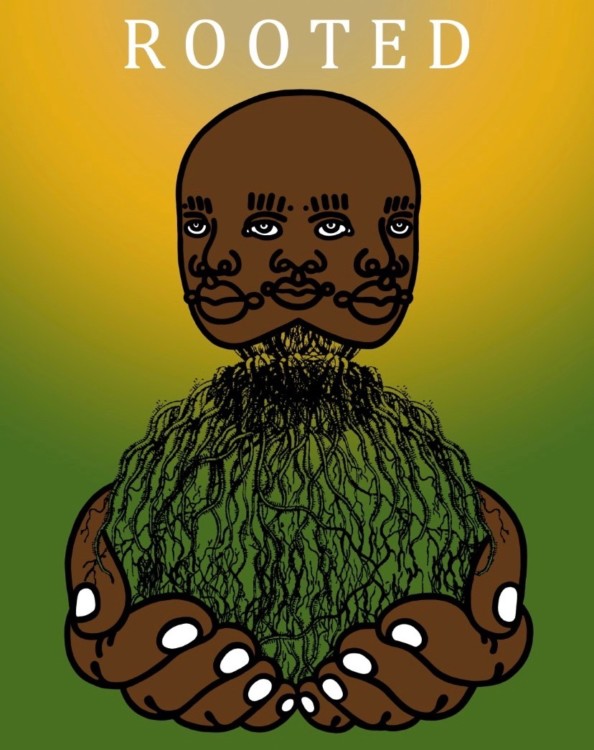McGill held its fourth annual Black History Month Opening Ceremony at the Faculty of Law on Feb. 3. The event was a collaboration between the Office of the Provost and Vice-Principal (Academic) Christopher Manfredi, the Black Students’ Network of McGill (BSN), and the McGill African Students’ Society (MASS). The ceremony featured keynote speaker Professor Wendy Greene, who presented “Rooted: Locking Black Hair to Human Rights Activism,” a talk about discrimination against natural hair. Greene is the first African American woman to be a tenured faculty member at Drexel University’s Kline School of Law.
Greene first became interested in the legal precedent around natural hair discrimination while working at a labour employment firm. According to Greene, natural hair discrimination refers to policies in schools and workplaces that target hairstyles worn by Black individuals.
“We would get all these cases dealing with grooming and appearance,” Greene said. “And you know, honestly, there’s not a lot of protection under our federal civil rights laws [….] I was most intrigued by the cases that dealt with, say [legal] challenges against natural hair discrimination, challenges to regulation of African descendants who were wearing natural hair styles like locks, braids, twists, Bantu knots, and so forth. [I thought about] how to really right [the] wrongs that I was seeing in federal jurisprudence.”
Greene referenced several cases of natural hair discrimination, including Andrew Johnson, a high school wrestler who was told to cut off his dreadlocks or forfeit a wrestling match. Greene explained the hurdles faced by those who challenge this discrimination in the US. While American courts often recognize policies against afros and other hairstyles deemed ‘immutable’ as racial discrimination according to the Title VII of the Civil Rights Act of 1964, the law offers no protection for those wearing dreadlocks, twists, Bantu knots, and similar hairstyles.
“We have courts declaring that discrimination, unlawful race discrimination, is only when you’re discriminated on the basis of immutable characteristics,” Greene said. “Under this immutability doctrine, what has happened is that the courts have made what I call a hair-splitting legal distinction [….] They say that if an employer discriminates on the basis of an afro, that could be unlawful race discrimination. But if you twist, lock, or braid the afro, then magically it’s no longer about race. It’s about culture. [And] Title VII does not prohibit discrimination on the basis of [culture].”
As a result, Greene introduced a legal definition of race that instead defines race as a culturally produced phenomenon.
“Race is not a biological construct,” Greene said. “It is a social construct, and we should be interpreting our protections against race discrimination through this lens.”
Dean Robert Leckey of McGill’s Faculty of Law expressed his gratitude towards the Faculty of Law for their collaboration with the Provost’s office to hold this event.
“I’m just delighted that the Faculty of Law was given the opportunity […] to be a partner in presenting the opening ceremony of Black History Month this year,” Leckey said. “I’m particularly proud of the students in this faculty, especially the black and other racialized women, who are demanding a more just future and working in very concrete and visible ways.”
The presentation was followed by cocktails and a performance by Montreal steel pannist Ukpöng “Mr. Pöng” Etang. Equity Education Advisor (Anti-Oppression and Anti-Racism) Shanice Yarde, who helped to organize the even, expressed her thanks to the past and present student groups that made the event possible.
“I think it’s so important in a university, which exists because of students, that students are centred in any organizing that we do,” Yarde said. “I’m so grateful for the legacies of black people who have paved the way for us to be here, who have done this work and are continuing to do this work [….] It is so important that we don’t erase that history, especially when we’re feeling the momentum of progress.”







